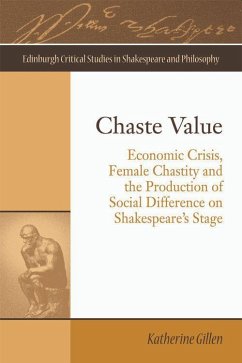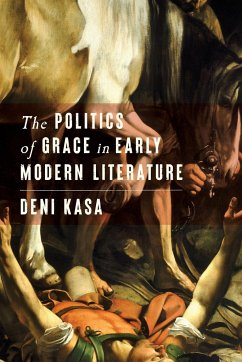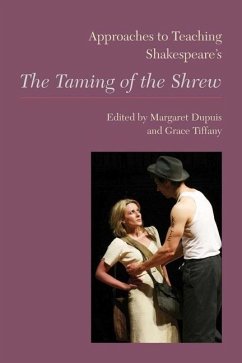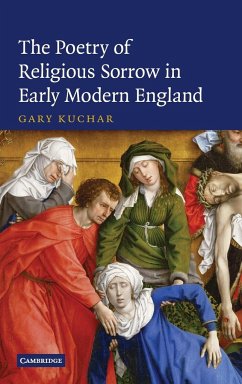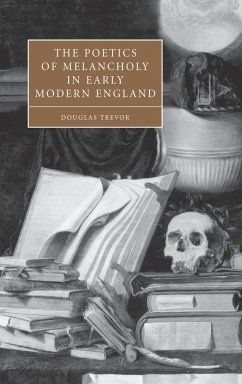Nicht lieferbar

The Early Modern Corpse and Shakespeare's Theatre
Within a theoretical framework that makes use of history, psychoanalysis, and anthropology, The Early Modern Corpse and Shakespeare's Theatre explores the relationship of the public theatre to the question of what constituted the "dead" in early modern English culture. Zimmerman argues that notions of the corpse as a semi-animate, generative, and indeterminate entity were deeply rooted in medieval popular customs and funerary rituals. These concepts ran counter to important early modern discourses that sought to harden categorical distinctions between body/spirit and animate/inanimate. The ind...
Within a theoretical framework that makes use of history, psychoanalysis, and anthropology, The Early Modern Corpse and Shakespeare's Theatre explores the relationship of the public theatre to the question of what constituted the "dead" in early modern English culture. Zimmerman argues that notions of the corpse as a semi-animate, generative, and indeterminate entity were deeply rooted in medieval popular customs and funerary rituals. These concepts ran counter to important early modern discourses that sought to harden categorical distinctions between body/spirit and animate/inanimate. The indeterminate corpse thus complicated Reformists' attacks on the "deadness" of material idols (which were likened to corpses), as well as the new anatomy's rationale for publicly dissecting "dead" bodies. Zimmerman contends that the theatre's relationship to these controversies was especially problematic because of the permeable borders of its own performance conventions (actor/fictional figure, disguise/identity, and male/female).








